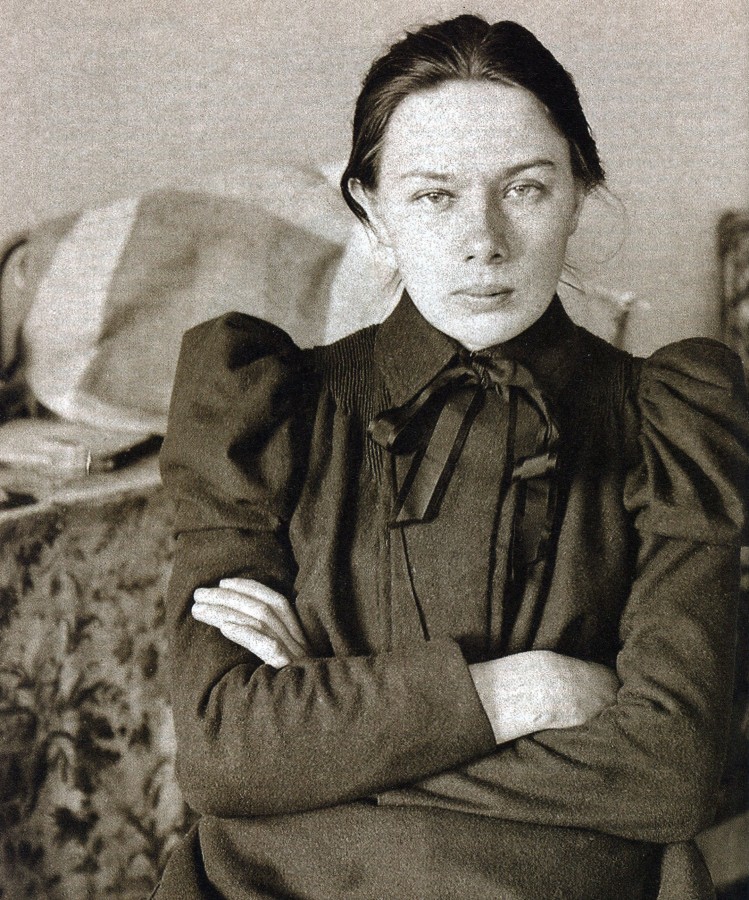I went to a small meeting for my party, and at the end, one of us went on an anti-Russia and anti-Soviet rant (He’s a Trotskyist). He started with saying that Russia buys gold from Sudanese rebels in exchange for Russian weapns for those rebels. I don’t know if that is true although I don’t necessarily doubt it, and another one of us said it’s probably not only Russia giving weapons to Sudan, but US as well. He said that this proves that Russia is imperialist and that he doesn’t understand why communist parties in the global south support Russia. I said to him that even though Russia has imperial ambitions and capitalist nations always move towards imperialism, I can see why global south countries want to work more with Russia since cooperation with Russia is less harmful that cooperation with the USA. I specifically said that it is choosing for a lesser evil, in order to convince him better.
Then he started talking about how Putin uses Siberian native soldiers as cannon folder to protect ethnic Russians. He then said that this is a holdover from Stalin who kept the colonial system from the Tsar were and that Central Asian and Siberian Native soldiers were sent to the front first in order to protect Russians. He said that Soviet Union was a colonial nation as well for the Russians and Belarussians and that the Soviet Union fell because of this colonisation and that Gorbachov was the first one who tried to correct it.
After that the other member said that it’s hard to convince others when there are not many examples of actually socialism. She then named Cuba as a dictatorship, and I called her out and said it was not. Luckily she was receptive. The trotskyist defended me as well saying that Cuba ‘is not as bad’ and he mentioned that Cuba has a lot of international solidarity because they for example sent doctors to Northern Italy during covid. But he didn’t mention that international solidarity for Cuba also means that they support Russia lol. Then we started talking about Che, and he said that Che wanted to become a minister in Cuba but was forced to leave Cuba by the Soviet Union, because they didn’t like him. I said that it was hard to believe and that I didn’t hear about it. He forgot where he got that from and said that not many people know about it.
I definitely held back a lot, and should’ve gone harder sometimes, but it’s harder when the other person brings up so much random wild stuff that you don’t know how to start to refute it.
What are some strategies for the next time?


First off, if the Tsarist system was kept it wouldn’t have been (only) Stalin who kept it, it would be Lenin and the other Bolsheviks who founded the Soviet Union and who decided what should be done about the national question in regards to the nationalities of the Russian empire. In this context it is useful to read Stalin’s “Marxism and the National Question” to see how the Bolsheviks thought about this issue and whether they had a colonial or anti-colonial mentality (spoiler alert: it’s the latter).
Secondly, i would suggest that whoever says things like this should look into how the Soviet political system and the Soviet economy functioned in practice. Politically the smaller republics were over-represented compared to the larger ones like Russia through the Soviet of Nationalities. Economically the minority republics often received priority supply of goods and preferential investment in their development and infrastructure, much more so per capita than the RSFSR did.
Due to this the Soviet Union has been labeled by liberal academics who seriously studied the Soviet policy toward nationalities an “Affirmative Action Empire”. This means that they effectively practiced reverse imperialism, they were an anti-empire. Where empires siphon off wealth from the periphery to enrich the core, the SU did the opposite, sometimes to such a degree that it created resentment among the Russian majority. This is a point frequently brought up by modern day anti-communist Russians to criticize the Bolsheviks and their policies.
In addition to these economic policies, the political and cultural policies of the Bolsheviks were also heavily biased in favor of promoting minority nationalities and their cultures, their literature, teaching their language, etc. it is not unlike what China does today but perhaps to an even greater degree. Again this is also something that Russian nationalists nowadays heavily criticize. They point for instance to the extensive and sometimes over-zealous policies of Ukrainization that occurred throughout the 1920s.
No matter which side of this you stand on (communists of course are pro-decolonization), it cannot be denied that the Bolsheviks were very serious about undoing the colonial legacy of the Russian empire. This is something they wrote extensively about, and when you study the history of the Soviet Union that you see them again and again make serious efforts to implement in their policies.